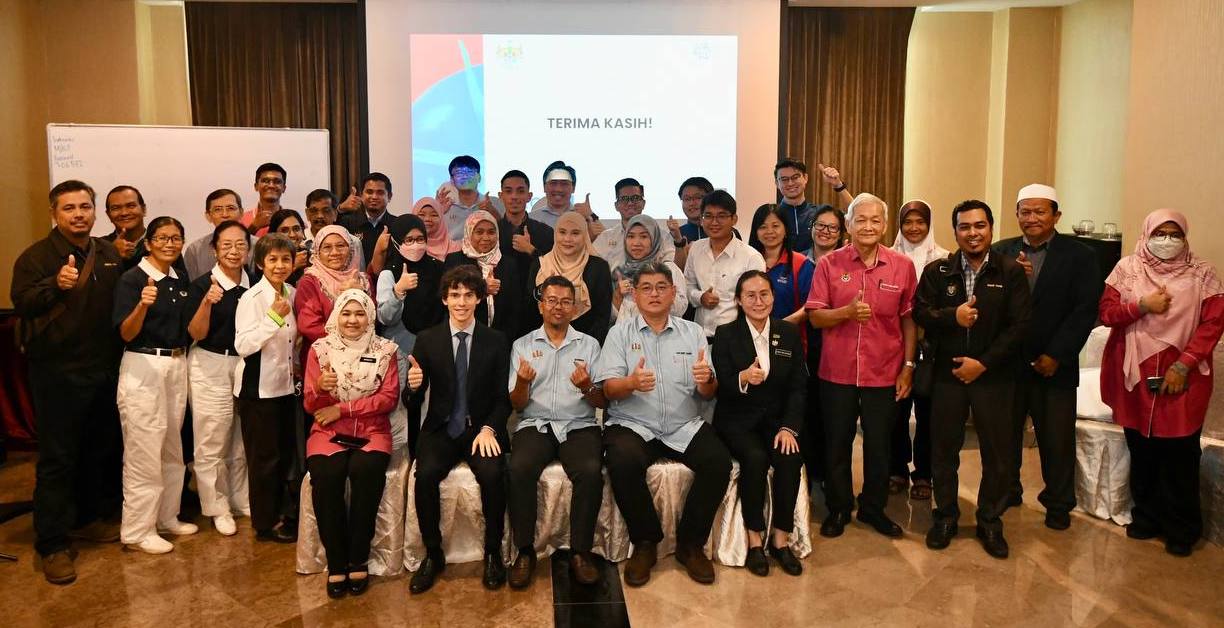Day 1:
The Milan Urban Food Policy Pact Secretariat Expert Mr. Filippo Gavazzeni was accompanied by the Seberang Perai City Council delegation led by Mr. Mohd Nor Chairman of Fishermen Unit and Mr. Tan Choo Eng, Chairman of Biodiversity Unit of the Seberang Perai City Council to the Tembus River which covers an area of 128 hectares and surrounded by 620 hectares of protected mangrove forest in Northern Seberang Perai.
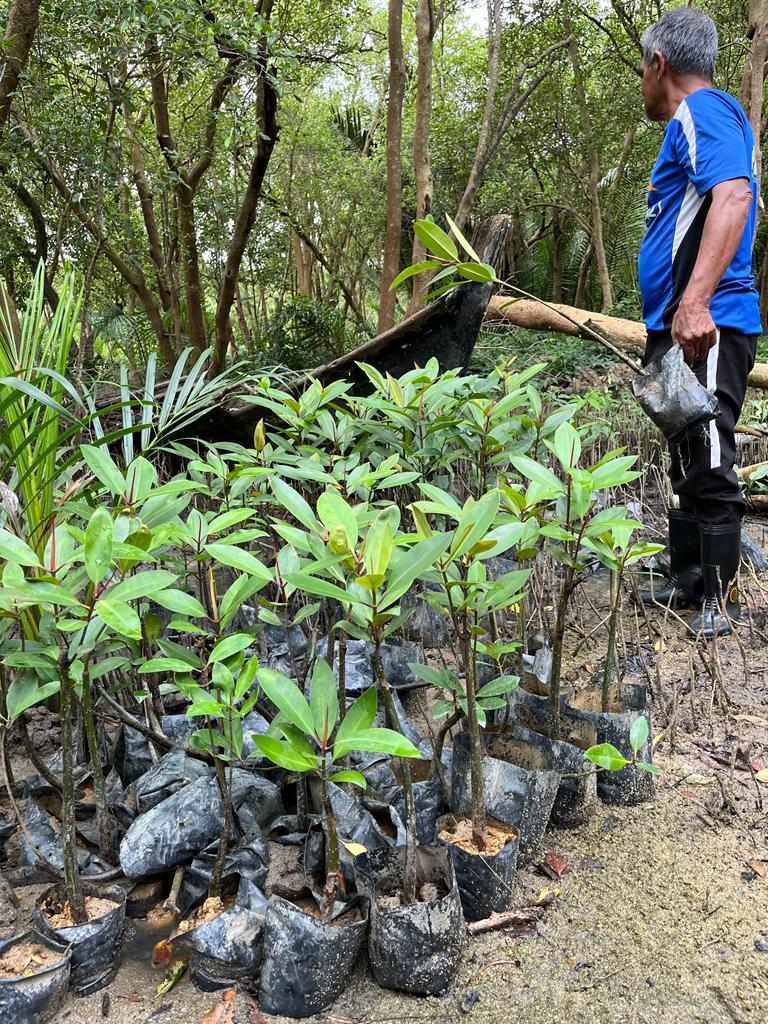
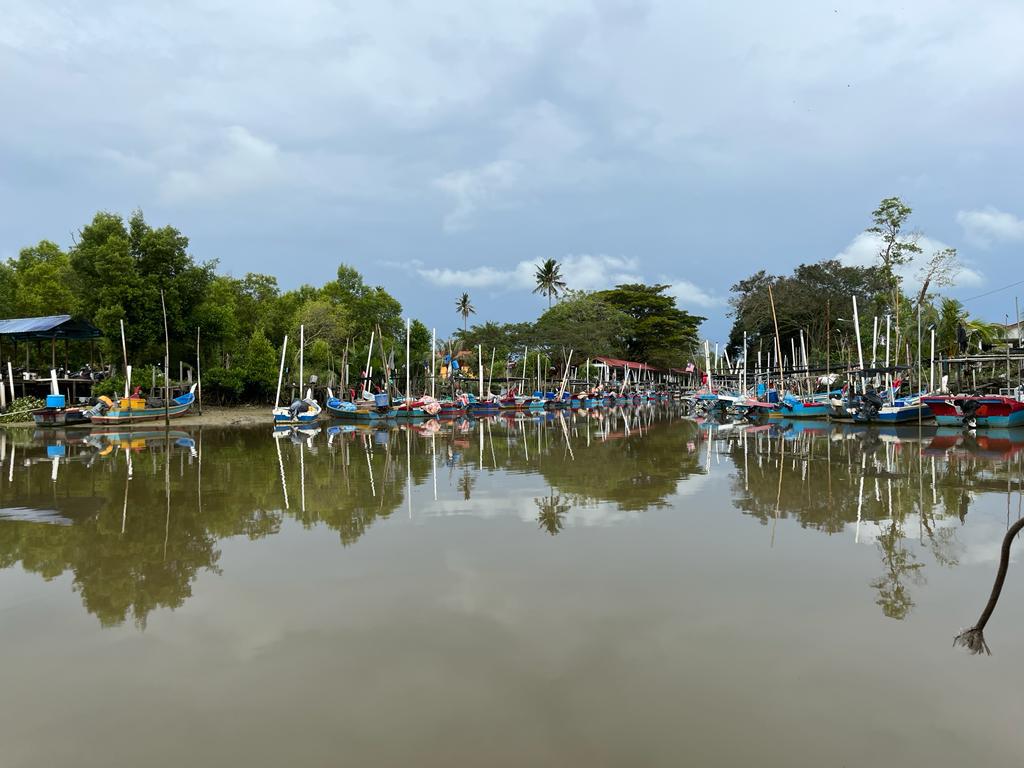
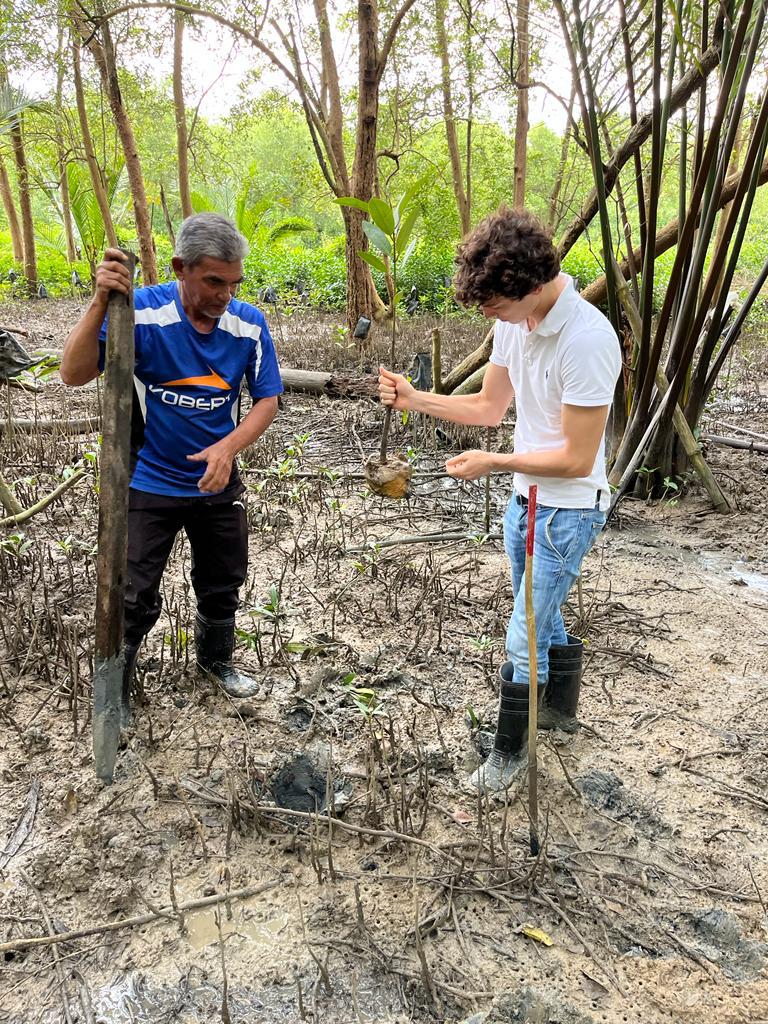
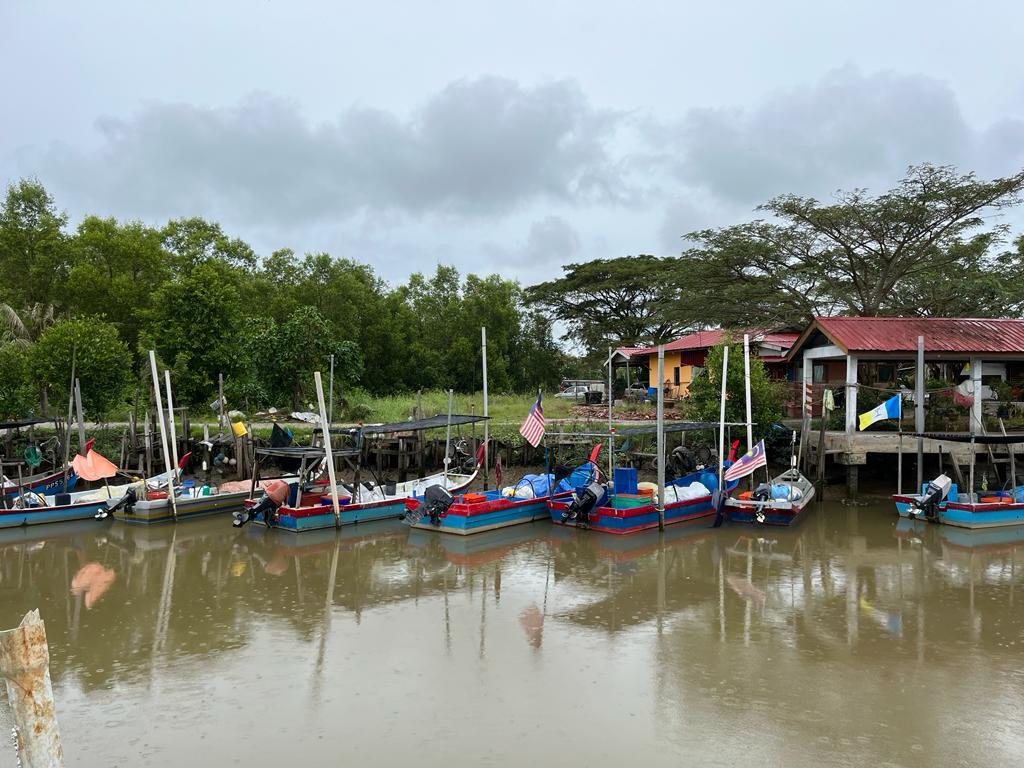
This site visit was organised by IURC key focal point Mr. Chew Eng Seng, Local 21 Agenda Officer of Seberang Perai City Council before the workshop to showcase how the fishermen community has been educated on protecting and planting mangroves, how it contributes to climate resilience, food security and biodiversity in new shore, rivers and inland environments. The Seberang Perai City Council together with the fisherman association has developed a nursery mangrove tree along the Tembus River where the fishermen community is currently planting mangroves where needed to restore the mangrove forest. In addition to that, the City Council has started an incentive programme related to the marine plastic pollution problem where fishermen incentivize to collect plastic bottles from the mangrove swamps in coordination with the City Council officers. This initiative is sponsored by a private sector company. The plastic waste collected is segregated and sold to a recycling factory in Seberang Perai. In summary, this site visit revealed how Seberang Perai City Council has been able to establish a public-private partnership (PPP) to initiate local projects to protect the environment and incentivise fishermen on the importance of taking care of the mangrove forest, which contributes effectively in increasing the abundance of fish in the sea.
Day 2:
The MUFPP Secretariat and the Seberang Perai City Council organized a food policy training workshop for city councillors and officers, public and private stakeholders who are mainly the key actors of the food system of the city. The participants from the city council were selected from the community service, health, town planning, agriculture, engineering, landscape, licensing and valuation & crisis preparedness departments together with government agencies, associations, NGOs and private sector players such as State Agriculture Department, Institute of Engineers Malaysia Women Section, Malaysia Science University Penang, Green Educators Working Group, Penang Consumers Association, Tzu Chi Environment Education Centre, Flex Penang, Vitrox Batu Kawan and Auto-City Juru.
The aim was to provide useful tools for participatory policy making in the development of a food strategy. Mr. Filippo Gavazzeni shared the MUFPP framework for action and its indicators, and shared some best practices from other signatory cities with the 50+ participants .
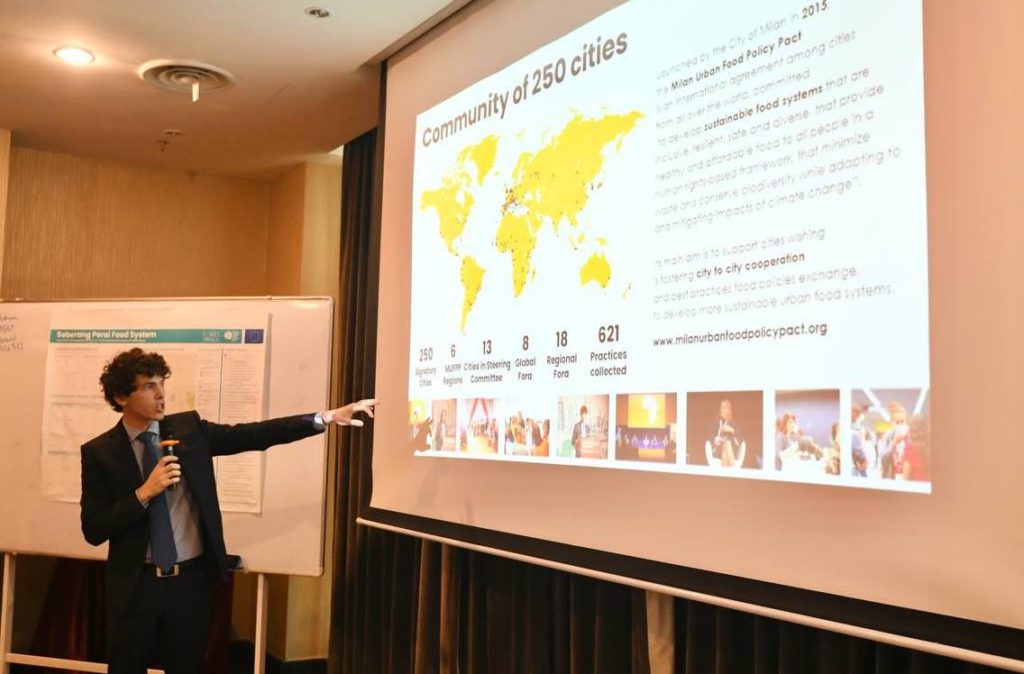
For the second session of the training, the methodology of Food Trails (an Horizon2020 project led by Milan) was explained and applied. Thanks to the stakeholder analysis and the food policy action canvas, all participants had an interactive discussion together in their working groups and identified priorities and actions to improve their city food systems.
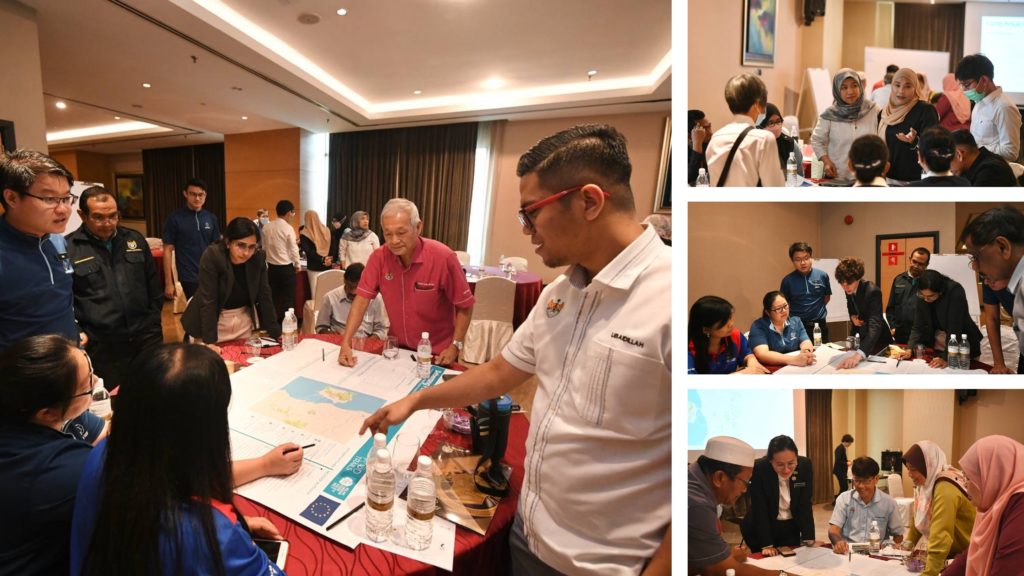
The different discussion groups were also able to present the outcomes of their discussion and their key focus areas were: food education in schools, food production and food waste prevention.
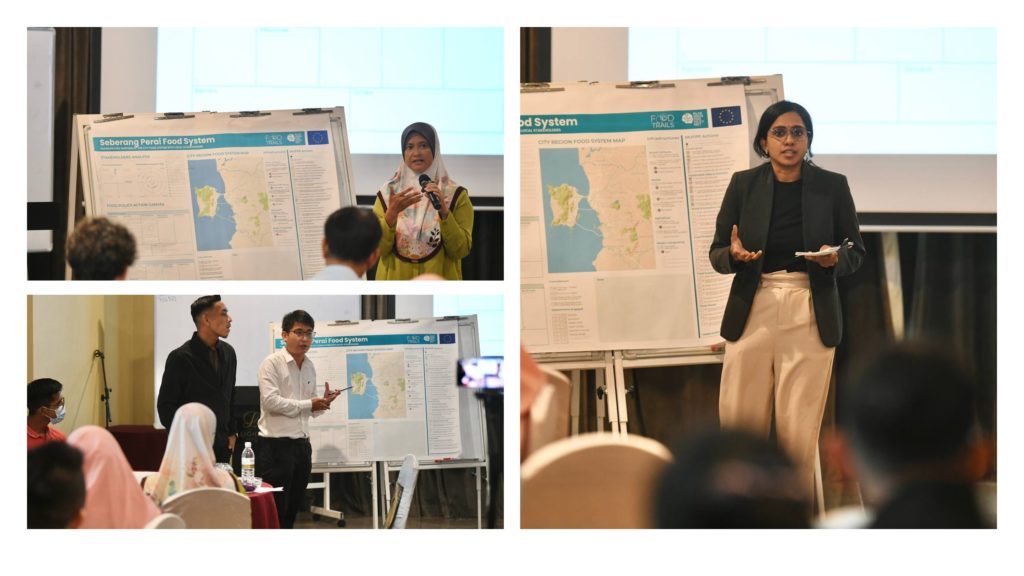
Their contributions and inputs were presented in the presence of Tn. Hj Baderul Amin b. Abdul Hamid, City Secretary of Seberang Perai City Council. From the feedback collated from the participants, the training achieved the aims and objectives of creating the momentum in the city and kick-started the process for the adoption of its first food strategy by the end of 2023.
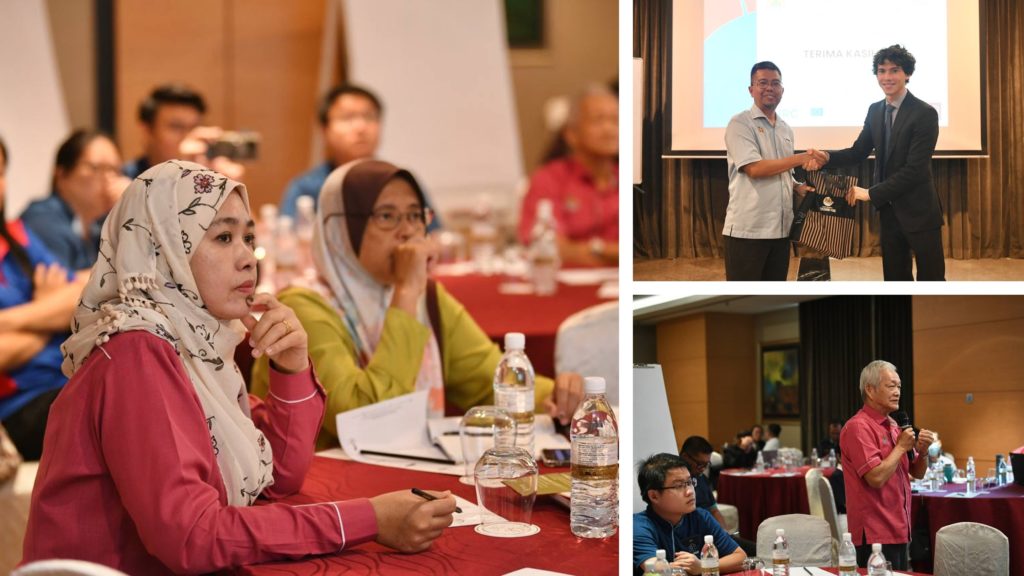
After the workshop, a site visit was made to the food courts at Autocity Juru and Autocity Green Park. The Founder and Managing Director, Mr. Gary Teoh presented how sustainability efforts were embedded and resulted in a positive impact on business performances amongst his tenants and his overall company. For example, he revealed how tenants have adopted a circular economy approach for its food and water waste and to further support these tenants, Autocity Juru who owns the district established a facility to create food compost out of the food scraps in 14 days and also constructed an in-house system to treat the water waste. The collected compost is at the Autocity Green Park’s farm and vegetables that are harvested from the said farm are then sold either to the restaurants in the vicinity or community members who visit Autocity Juru’s compound.
Day 3:
Final site visit to eco-school. As a follow-up from the food policy training workshop which had the participation from a group of school principals, the principal of SMK Convent Butterworth invited the MUFPP Secretariat and the Seberang Perai City Council to visit their eco-school. The principal, who has the responsibility of choosing the school‘s catering service, was interested to adopt the practice of providing healthier meals to students and introduce low food waste policies for the school involving students and parents in their sustainable journey. A potential pilot project might start in 2023 and other schools in the district may follow suit with the support of Seberang Perai City Council.
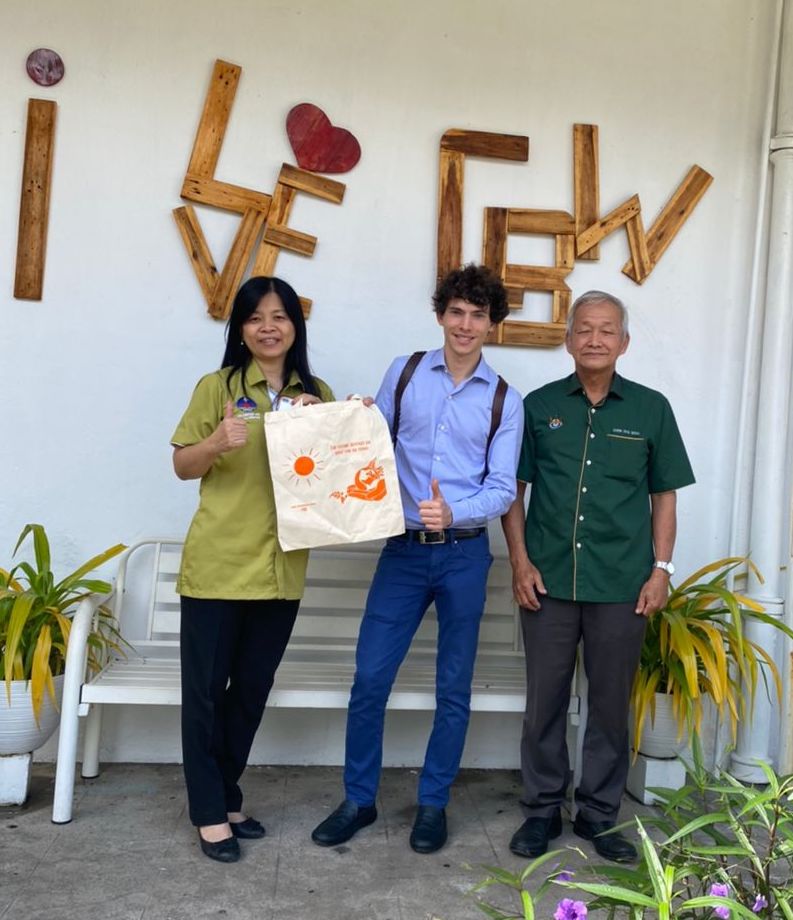
To find out more on how you can join the Milan Urban Food Policy Pact, please contact Mr. Filippo Gavazzeni at Filippo.Gavazzeni@comune.milano.it and if you are interested to contribute and participate in Seberang Perai Food Strategy Action Plan you can contact Mr. Chew Eng Seng at eschew@mbsp.gov.my. For all other matters related to EU-Malaysia city-to-city collaboration on pilot projects, you can contact Ms. Jacqueline Chang, Country Coordinator | Circular Economy Specialist at jchang@iurc.eu
